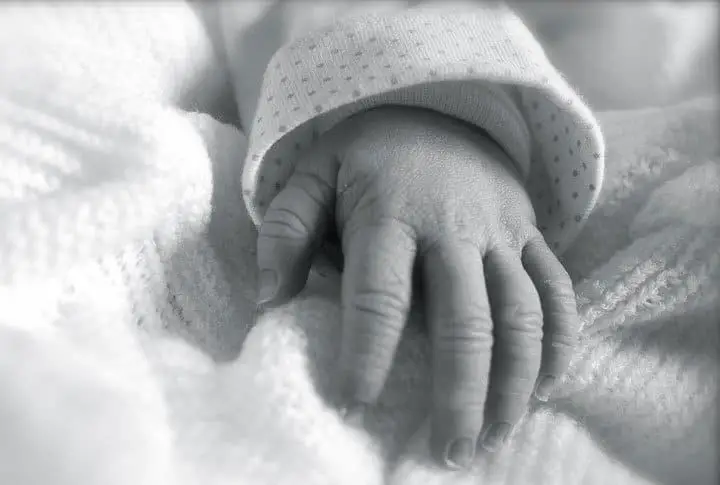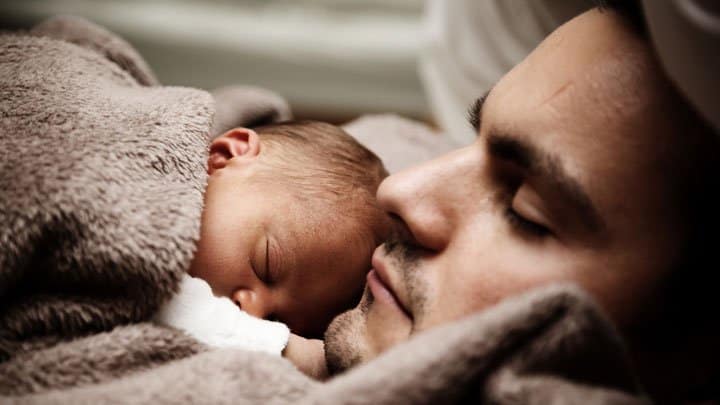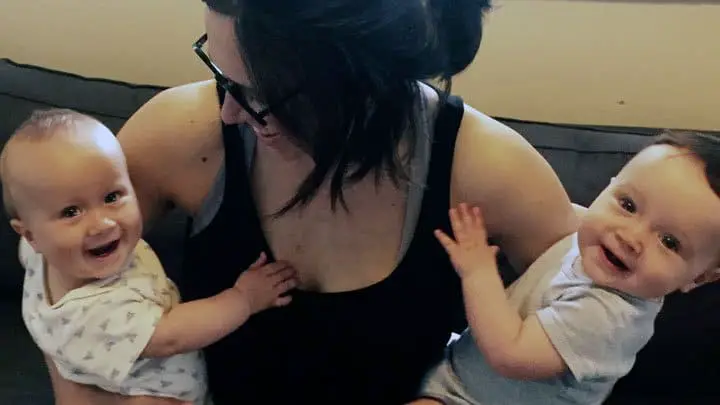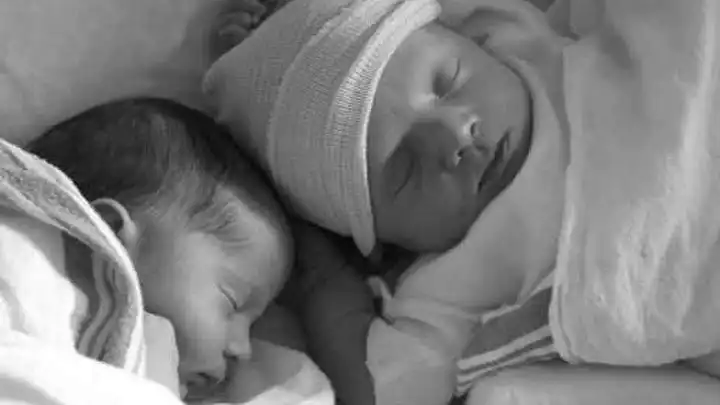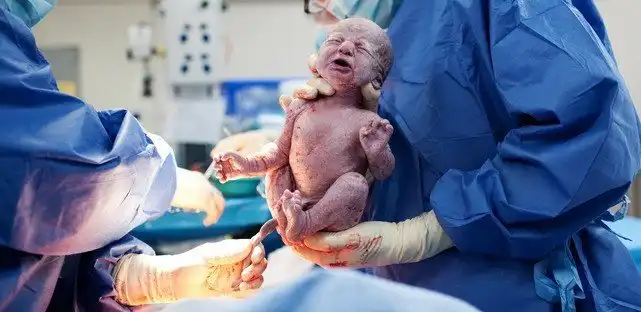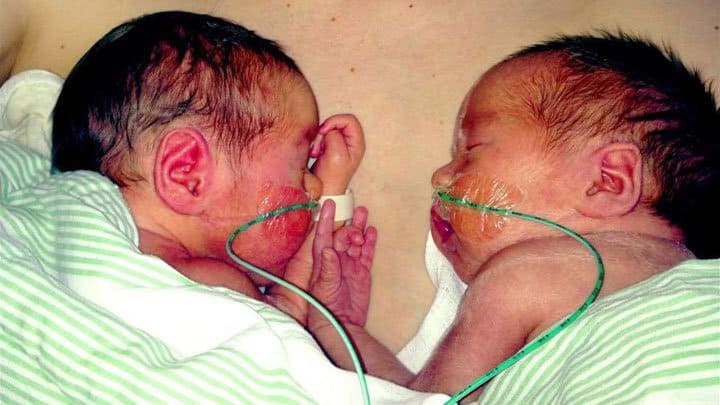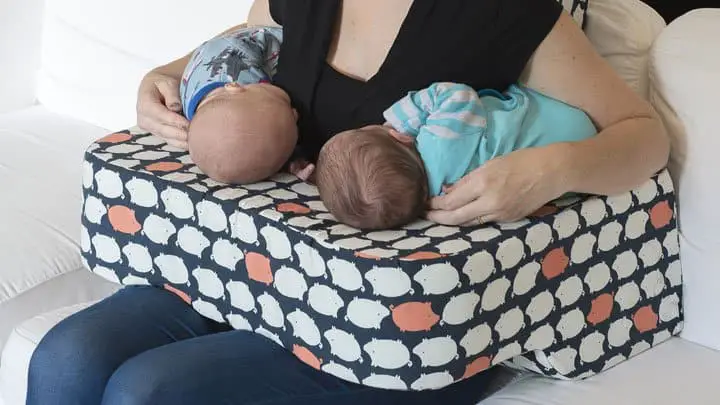NICU’s Need to Pay More Attention to Fathers
At the hospital’s neonatal department, the physical health of the children and their mothers come first. However, it’s necessary for the fathers to be involved much more. This has recently been uncovered in a PhD thesis from Denmark. The thesis describes how neonatal departments can be better at understanding and acknowledging the fathers of premature babies.
Betty Nørgaard, who is quality coordinator at Kolding Hospital in Denmark, defended her thesis in May 2017, and she believes that early and concrete involvement makes the father an invaluable support.
“There has been the attitude among health professionals that the fathers might not have much desire to stay at the neonatal department and that they were all thumbs in relation to the newborns,” says Betty Nørgaard.
Fathers are a resource
Based on conversations with parents and staff, Betty Nørgaard has developed eight principles for involvement of the fathers in Kolding Hospital’s neonatal department over the past six years. Among other things, it is now recommended that father and child has skin-to-skin contact as soon as possible to develop a relationship early on while the mother is being treated.
Fathers have different concerns
Premature children are often admitted to the term date where they should have been born. Therefore, some families are in the department for up to three months.
“In the past, dad might only have been there for the first 14 days if that at all was possible due to work and older children. This meant that he was lacking knowledge about his child’s situation because information was almost always conveyed through the mother,” says Betty Nørgaard.
Therefore, Kolding Hospital is planning to schedule important conversations and events such as transfer from the incubator or the first bath, so that the fathers can participate.
“Fathers have questions and concerns different from the mother. Mothers are interested in hearing about the relationship with the child and they accept that the samples “look fine.” Fathers need more concrete knowledge so that they can get an overview of the further process. This makes them better able to support their wives.”
Share frustrations with other dads
Another successful initiative is that the fathers are brought together in small groups. Here they share their concerns and frustrations with others in the same situation.
“We have experienced fathers who did not share their concerns with anyone through very long hospitalization. They did not feel they could talk to their wife because they didn’t want to burden her further,” says Betty Nørgaard.
Similarly, some people find it difficult to handle the monotony when the child has stabilized and slowly grows stronger.
“The fathers can lose their patience due to the same routine day in and day out. In the fathers’ groups we’ve seen that the men really have opened up to each other. It creates a very special bond, and afterwards they know and support each other as they meet in the hallways.”
8 Principles for a father-friendly neonatal department
- Early skin contact between father and child immediately after birth while mother is being treated.
- Planning of important events, so fathers can take part in the transfer from the incubator or the first bath.
- Fathers should be able to obtain information directly from the healthcare professionals.
- Planning so fathers can participate in conversations about the child’s development.
- Advice on economics and opportunity for leave.
- Formation of birth groups.
- The possibility that a family member or friend may sometimes help the parents in the department.
- Possibility that older siblings can stay at the department.
